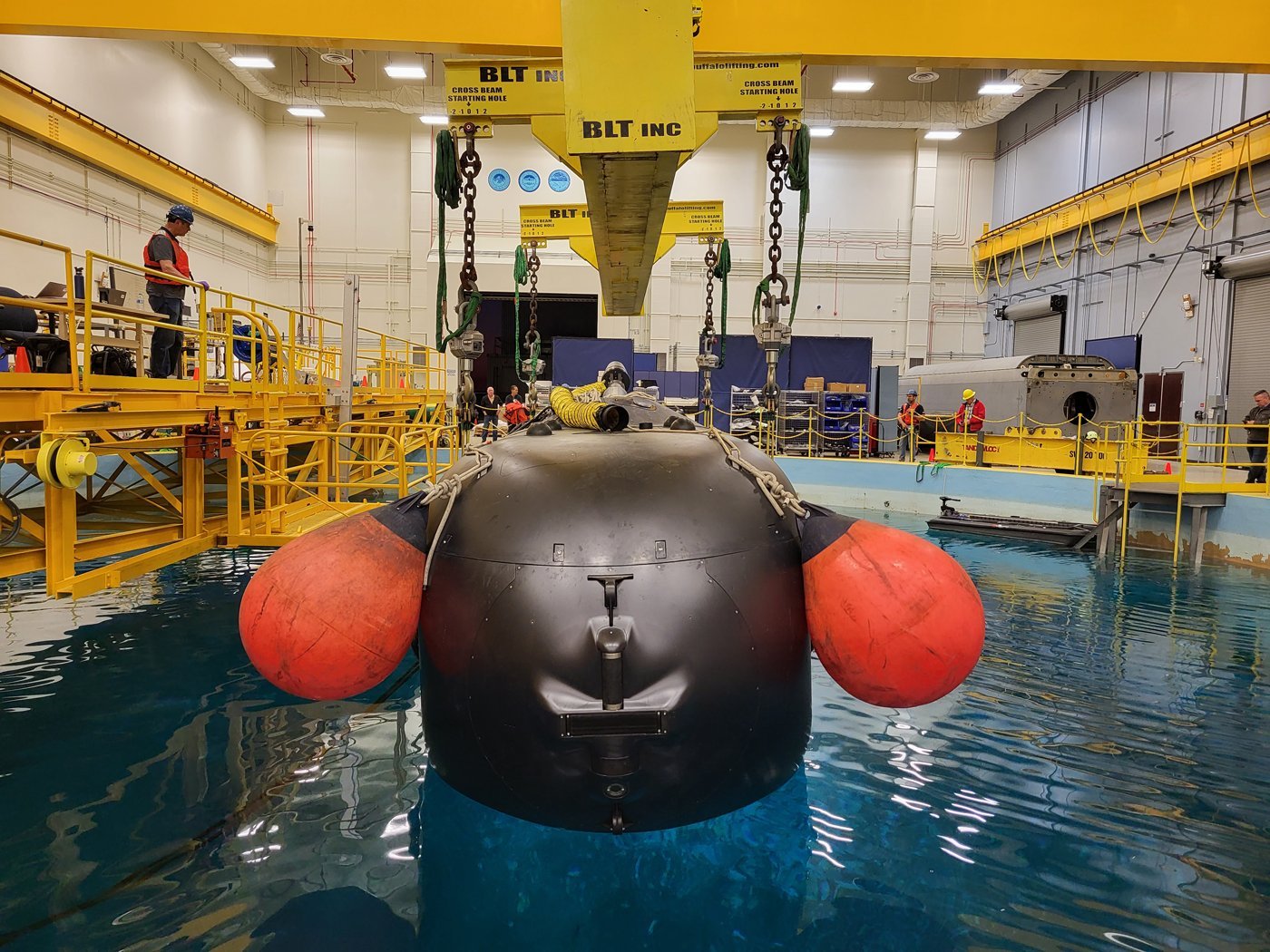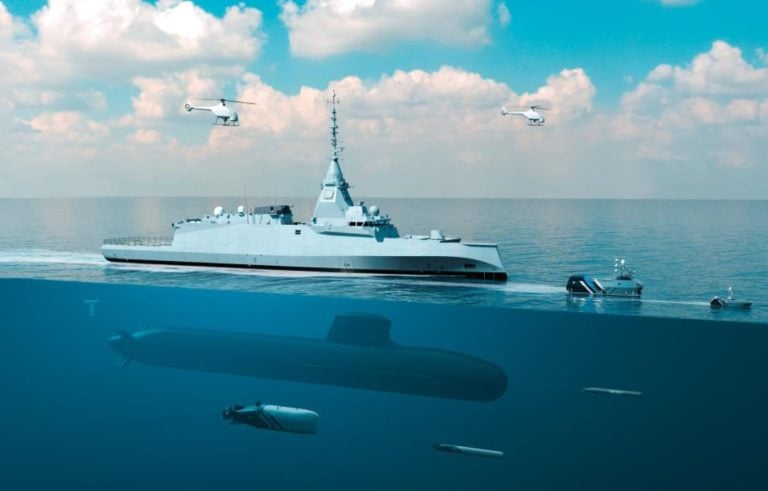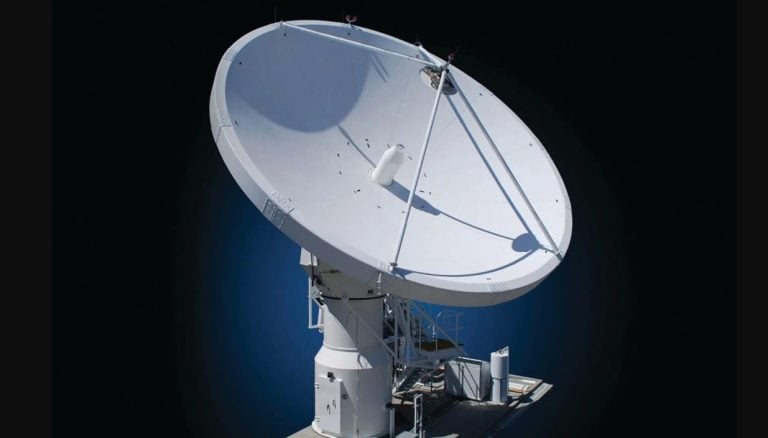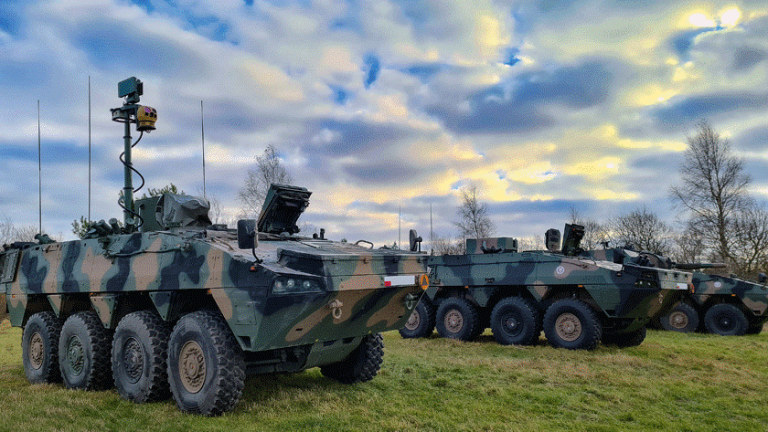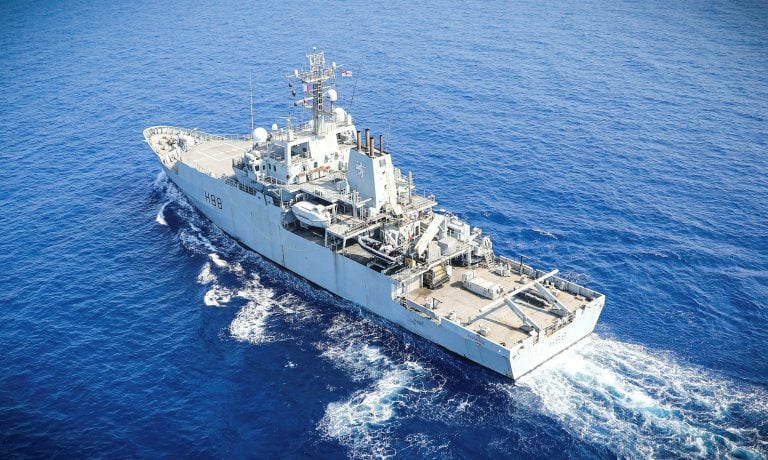The US Navy has initiated a significant step forward in underwater technology by issuing a request for proposals aimed at the development of an Ocean Explorer (OEX) Large Underwater Vehicle. This ambitious project, unveiled by the Office of Naval Research, focuses on creating an “ultra-large” autonomous system designed for extensive operations in ocean environments.
The OEX is expected to carry a substantial modular payload suitable for a variety of tasks over long periods, marking a movement towards more advanced underwater capabilities. Interested contractors are required to submit comprehensive proposals that detail their full-cost plans for the preliminary design phase, along with options for detailed design and rapid prototype fabrication of the OEX.
In addition to focusing on the technical feasibility of the submarine drone, submissions will also be evaluated based on their potential performance with the specified payload module. The Navy is keen to ensure that potential contractors provide groundwork for the necessary operational and maintenance infrastructure, which will support a squadron of these large underwater vehicles.
Proposals for the project will be accepted until October 2025, while white papers are encouraged to be submitted by July 2025, allowing industry partners ample time to outline their innovative solutions.
The OEX initiative is not occurring in isolation, as it comes alongside the U.S. Navy’s ongoing Large Displacement Unmanned Underwater Vehicle (LDUUV) project. The LDUUV aims to create autonomous underwater vehicles capable of long-endurance operations in deep water, facilitating the distribution of vital sensing technology and effectiveness across naval fleets, particularly in the Pacific and other challenging environments. Kongsberg, Anduril, and Oceaneering International are among the industry partners engaged in this initiative.
Furthermore, the Navy is advancing a related project known as the Extra Large Unmanned Undersea Vehicle (XLUUV). This new class of autonomous submarines features diesel-electric hybrid propulsion and is designed to execute a variety of operations. Boeing is at the forefront of the XLUUV project, which will be officially classified as the Orca-class fleet upon entering service. The Orca’s design draws from Boeing’s Echo Voyager, an unmanned diesel-electric submersible, emphasizing the Navy’s commitment to leveraging advanced technology in enhancing maritime operations.
